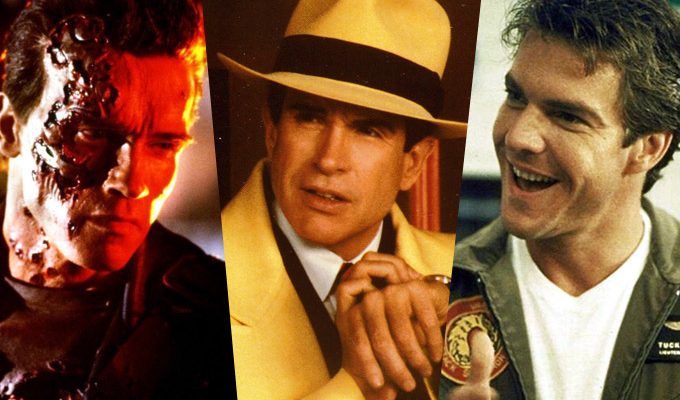“Grand Prix” (1966)
Though you’d think it would be one of the more exciting sports to shoot, motor racing almost never works in a movie. One exception, technically at least, was John Frankenheimer’s “Grand Prix” —the film’s pretty thin on actual dramatic content, but high on thrillingly-shot Formula 1 race sequences. And the Academy were clearly impressed: the film took the Editing trophy at the 39th Academy Awards along with Best Sound and Best Sound Effects.
 “Bullitt” (1968)
“Bullitt” (1968)
Clearly, the editors’ branch of the Academy were really into cars in the 1960s: two years after the success of “Grand Prix,” Frank P. Keller won the Best Editing Oscar for Peter Yates’ seminal cop thriller “Bullitt,” likely on the back of the film’s still-classic San Francisco car chase sequence (a similar scene would help “The French Connection” score the same award three years after).
“Cromwell” (1970)
Had you heard of “Cromwell,” director Ken Hughes’ follow-up to hit family film “Chitty Chitty Bang Bang,” starring Richard Harris as the famous British puritan who deposed King Charles I (Alec Guinness)? We certainly hadn’t, and so were doubly surprised to learn that the film was an Oscar winner, picking up the award for Best Costume Design (it was also nominated for Best Original Score).
“The Hospital” (1971)
Arguably the closest American cinema has ever come to a screenwriting auteur, Paddy Chayefsky is best known for his Oscar-winning scripts for “Marty” and “Network,” but in between came a third award-winner “The Hospital.” Nominally directed by Arthur Hiller but with Chayefsky achieving an unusual level of creative control (he even narrates the film), it’s a scathing, scabrous satire set in a teaching hospital that beat “Klute” and “Sunday Bloody Sunday’ to the win in 1971.
 “Butterflies Are Free” (1972)
“Butterflies Are Free” (1972)
A hit adaptation of a stage play by Leonard Gershe, “Butterflies Are Free” has mostly disappeared into the annals of screen history for all except the most die-hard Goldie Hawn fans. But the film registered with the Academy at the time: veteran character actress Eileen Heckart won Best Supporting Actress for playing the overbearing mother of blind Don (Edward Albert), who’s in a romance with Hawn’s free-spirited Jill.

